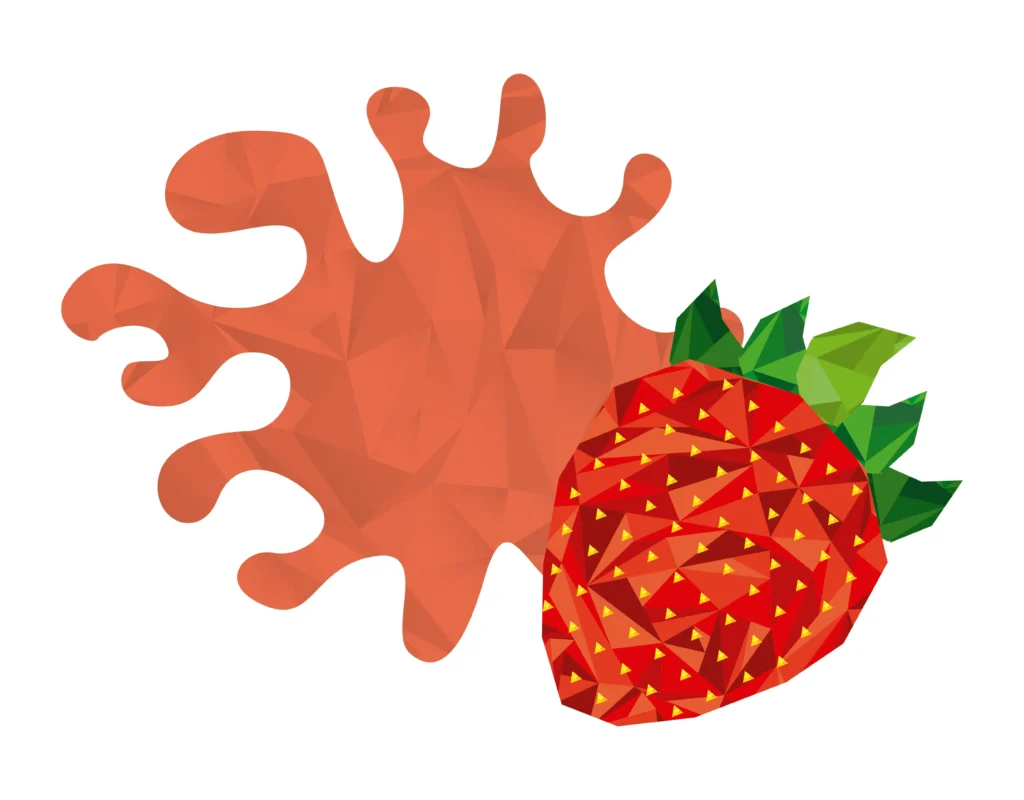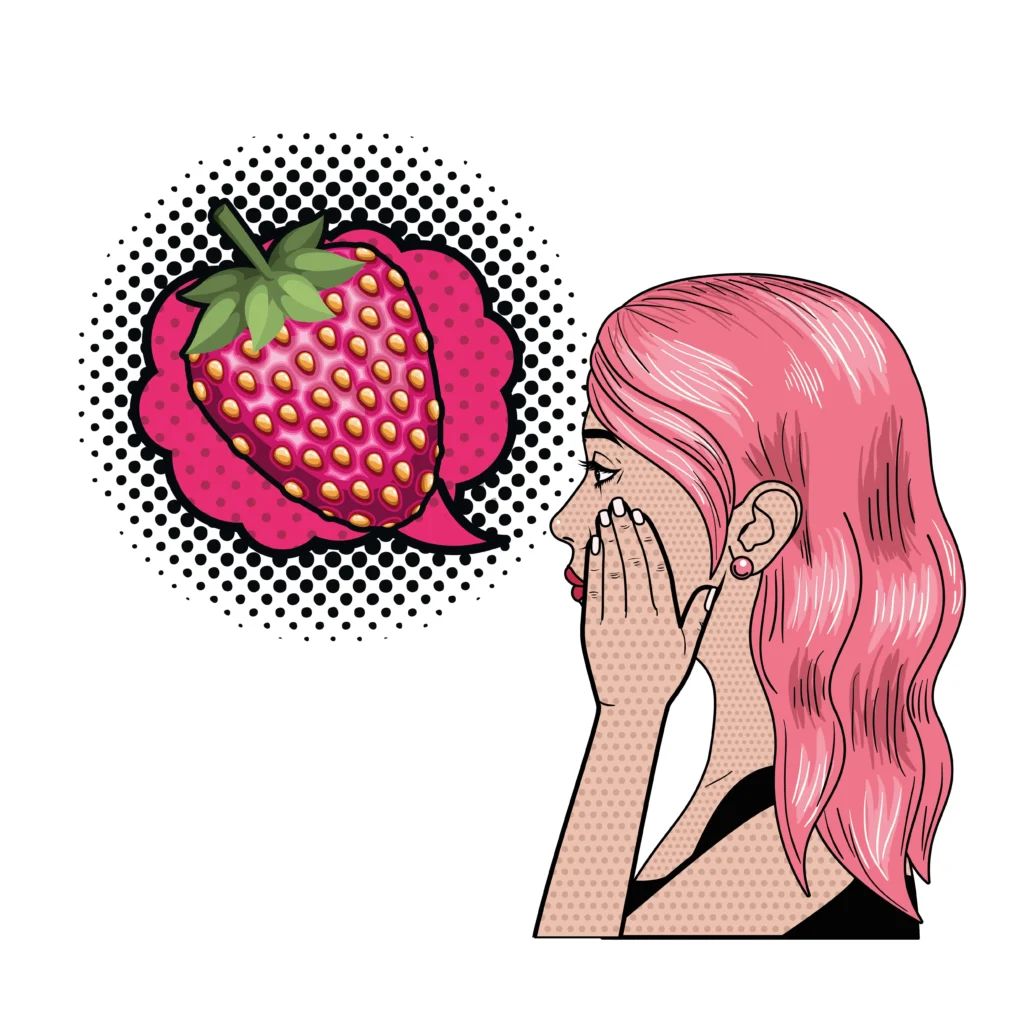Do you have an uncontrollable sneeze or oilier than normal nose whenever you eat a strawberry? You may be one of the millions of people with strawberry allergies. This allergy is actually medically known as “strawberry hypersensitivity” which is caused by various proteins in strawberries that trigger allergic reactions. Such reactions can range from mild irritation to severe life-threatening conditions for those who are extremely sensitive to them. Understanding this condition and what answers it offers will help in treating these symptoms, eliminating potential health risks, and maintaining a healthy lifestyle without fear of allergens present in everyday food sources such as strawberries. Read on as we look at why allergies develop, signs & symptoms to watch out for, and management tips!
What is Strawberry Allergy and What are the Common Symptoms?
Strawberry allergy is an adverse reaction of the immune system to strawberries. It can develop at any age and can range from mild to severe with various symptoms including swelling, irritation of the eyes and skin, abdominal pain, diarrhea, and breathing issues. Anaphylaxis is the most severe form of strawberry allergy which can lead to rapid swelling of airways that may be life-threatening. Therefore it is important to watch out for these warning signs and take necessary medical measures if they are experience.
How is Strawberry Allergy Diagnosed?

For those who suffer from strawberry allergy, getting a proper diagnosis is the first step to managing their symptoms. Allergy testing is often through a skin prick test or an IgE blood test. Skin prick tests are conducted by applying a small amount of extract from the allergen to the surface of the skin and observing for any reactions such as redness, hives, and itching. On the other hand, IgE blood tests measure antibody presence in order to determine whether your body has reacted to the presence of an allergen. These tests typically take several hours or days before results are available and if required, further studies or patch testing may be helpful in confirming or excluding the diagnosis of strawberry allergy. These tests can help individuals understand their bodies and serve as an important part of personalized health management.
How to Tell a Person If He has Strawberry Allergy?
Understanding if you have a strawberry allergy can be confusing and even frightening if not done properly. There are several ways in which an individual can determine whether they have a strawberry allergy, such as following dietary habits and interpreting physical reactions. It is recommended to keep a food diary to track what causes any adverse reactions or discomfort. With the help of healthcare professionals, individuals can also take skin prick or immunoglobulin E (IgE) blood tests to check for specific allergens that may be causing allergic symptoms. It is possible to reduce or eliminate the risk of having an allergic reaction by avoiding strawberries or certain foods containing strawberries. If you think you may have a strawberry allergy, it is important to consult your doctor for advice and diagnosis.
Impact of Strawberry Allergy on Your Life
Living with a strawberry allergy can be an unexpected challenge that has a large impact on everyday life. It requires a thorough understanding of your own allergies, what reactions will occur, and how to seek medical attention if needed. In addition, it is important to recognize which food instinctively contains trace elements of strawberries and educate yourself on how to correctly read food labels in order to identify any ingredients or additives containing strawberries. Reacting to even the smallest amount of strawberry can be irritating and unpleasant, so it is vital for those with a strawberry allergy to stay vigilant when protecting themselves from accidental contact. With increased knowledge and awareness of how their allergy affects them, individuals can feel better equipped to manage their condition and live as normal a life as possible.
How to Manage a Strawberry Allergy?

Managing a strawberry allergy can be a difficult challenge. People who have this condition must learn to identify and avoid potential allergens, as well as know how to treat an allergic reaction if it does occur. Taking certain precautions, such as only eating prepared fruits that are free of contaminants and thoroughly washing any fresh fruit prior to consumption, is important to reduce the risk of experiencing an allergic reaction. Allergy medications can also help to alleviate symptoms if they do occur. If needed, allergy sufferers may wish to seek out professional medical advice in order to better understand their condition and the best ways to manage it.
Effective Ways to Prevent a Reaction
For those who suffer from strawberry allergy, it is important to stay vigilant in preventing a reaction. The most effective way to prevent an allergic response is to altogether avoid eating strawberries or any food containing strawberries as an ingredient. Whenever shopping and preparing food, always read labels carefully to ensure there is no chance of coming in contact with strawberries. Other safety measures include washing any surfaces that may have come in contact with strawberries, such as countertops and utensils, and washing hands after handling the berries or their by-products. Taking these simple steps can help people living with strawberry allergies maintain a safe and enjoyable lifestyle.
Conclusion
Having a strawberry allergy can be a challenge, and understanding the basics is key to ensuring proper avoidance of the allergen. There are many methods to diagnose, manage, and prevent a reaction from occurring such as using oral immunotherapy (OIT). While there is currently no known cure for this type of food allergy, OIT has helped many people lead more normal lives. Thus it is crucial to have an appropriate course of action and management plan if you think you may have a strawberry allergy. Even with the right preparation, unfortunately, some people may still experience severe allergic reactions. However staying informed on how to recognize symptoms, getting tested when necessary, and consulting with your doctor can help alleviate any risks associated with strawberry allergies.







